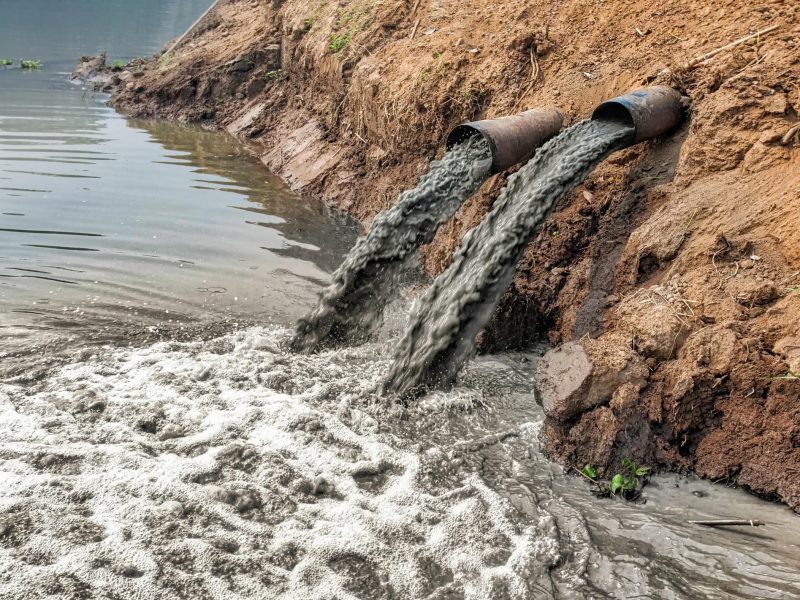Pollution: A Critical Examination
What is pollution? Pollution is the presence of harmful substances in the environment, causing adverse changes. These substances, or pollutants, can be chemical, physical, or biological. The sources are vast and varied, impacting air, water, and land.
Who is affected by pollution?
Everyone is affected by pollution, though the severity varies based on proximity to sources and vulnerability. Low-income communities and developing nations often bear a disproportionate burden.
When does pollution occur?
Pollution is a constant issue, occurring whenever pollutants are released into the environment faster than natural processes can break them down. It’s a continuous cycle exacerbated by human activity.
Where does pollution come from?
Pollution sources are numerous. Major contributors include industrial emissions, vehicle exhaust, agricultural runoff, and improper waste disposal. Each contributes to various forms of pollution.
Why is pollution harmful?
Pollution poses significant threats to human health and the environment. It causes respiratory illnesses, cardiovascular diseases, and cancers. Ecosystems suffer damage, leading to biodiversity loss and habitat destruction.
How can we prevent pollution?
Pollution prevention requires a multi-pronged approach. This includes stricter regulations on emissions, promoting sustainable practices, investing in renewable energy, and encouraging responsible consumption and waste management. Individual actions, such as reducing energy use and recycling, also play a crucial role.
